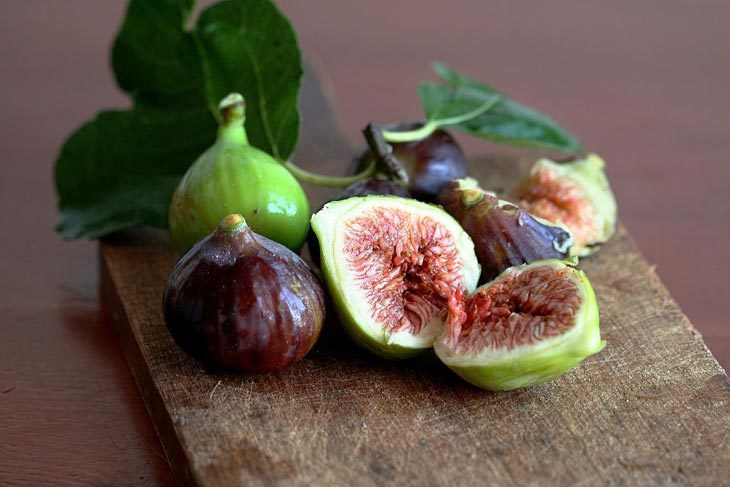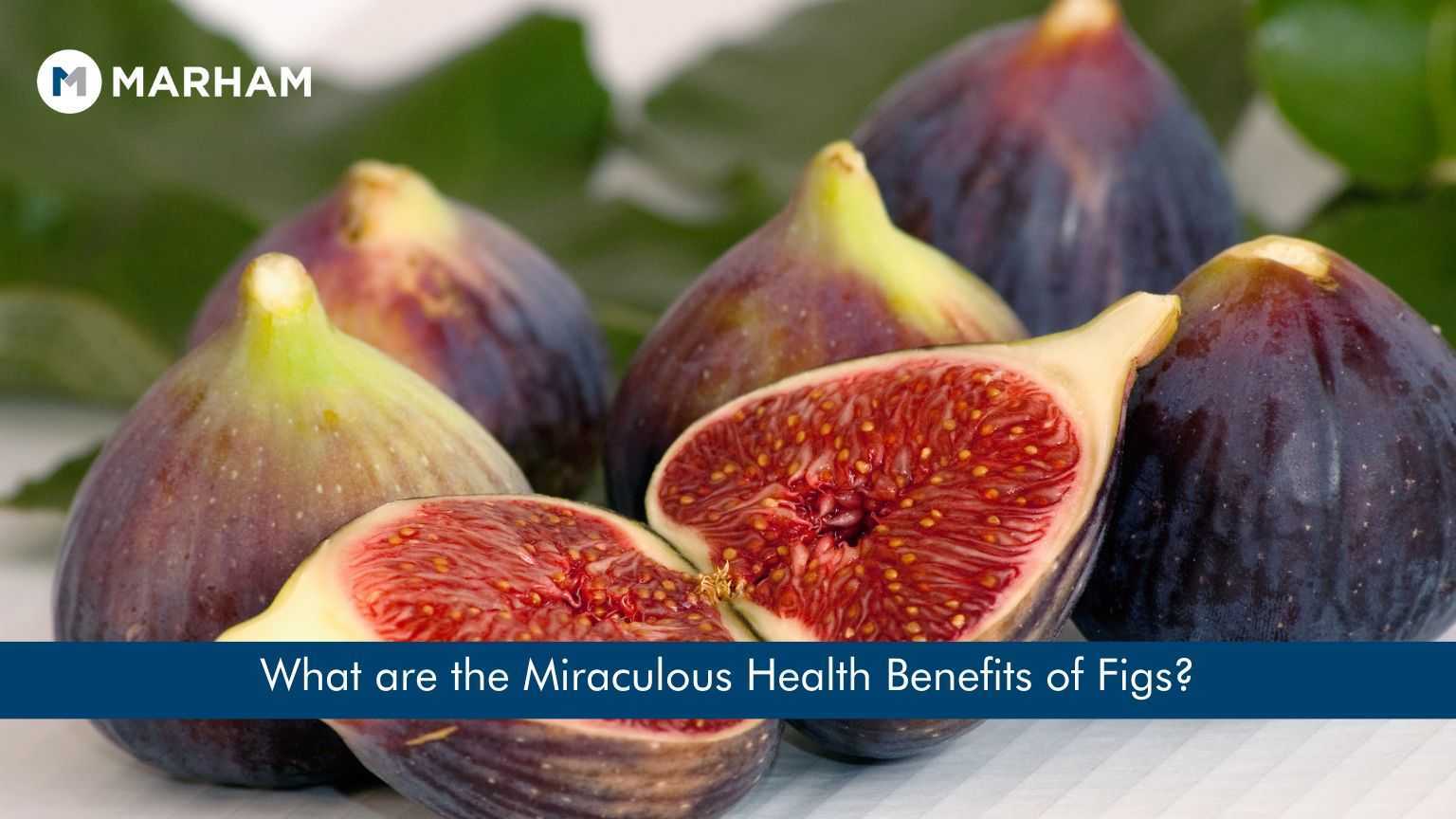Understanding Figs: Origin, Nutritional Value, and Culinary Uses
Figs, or ‘aththi’ in Tamil, have a rich history dating back thousands of years. Originating from the Middle East and Mediterranean regions, figs have been celebrated for their delectable taste and numerous health benefits. They have been mentioned in various religious texts and ancient civilizations’ literature, symbolizing prosperity, peace, and abundance.
Figs are not only delicious but also packed with essential nutrients. They are a great source of dietary fiber, vitamins, and minerals, making them a perfect addition to a balanced and nutritious diet. Some of the key vitamins and minerals found in figs include vitamin K, vitamin A, vitamin C, calcium, potassium, magnesium, and iron. Additionally, figs are rich in antioxidants, which help protect the body from damage caused by free radicals.
Incorporating figs into various Tamil dishes is both easy and enjoyable. Fresh figs can be added to salads, yogurts, or eaten as a standalone snack. Dried figs can be used in baking, cooking, or as a sweet treat. In Tamil Nadu, figs are often used in traditional dishes like ‘panagam,’ a cooling summer drink, and ‘thinai puttu,’ a healthy millet-based dish. By exploring different recipes and preparation methods, one can fully enjoy the unique taste and health benefits of figs.
The Power of Figs: How They Support Women’s Health
Figs offer numerous health benefits for women, contributing to their overall well-being and quality of life. By incorporating figs into their daily diet, women can enjoy various advantages, particularly in areas such as bone health, digestion, and reproductive health.
Bone health is a critical aspect of women’s health, and figs can play a significant role in maintaining and improving it. Rich in calcium, figs help strengthen bones and reduce the risk of osteoporosis, a common concern for women, especially after menopause. Adequate calcium intake, along with regular exercise, can contribute to optimal bone health and reduced fracture risk.
Digestive health is another area where figs shine. High in dietary fiber, figs can help regulate bowel movements, alleviate constipation, and promote a healthy digestive system. The natural laxative properties of figs can be particularly beneficial for women who experience digestive issues, which are often more prevalent during pregnancy or menstruation.
Reproductive health is an essential aspect of women’s health, and figs may offer some benefits in this area as well. Some studies suggest that figs could help regulate menstrual cycles and alleviate menstrual cramps, making them a potentially valuable addition to a woman’s diet. However, more research is needed to confirm these findings and fully understand the impact of figs on reproductive health.
Figs and Bone Health: A Natural Ally for Women
Figs have long been recognized for their role in promoting bone health, particularly in women. This is largely due to their high calcium content, an essential mineral for maintaining strong and healthy bones. Adequate calcium intake is crucial for women, as they are at a higher risk of developing osteoporosis, a condition characterized by weak and fragile bones.
By incorporating figs into their daily diet, women can take advantage of their natural calcium-rich properties. A single fig provides approximately 35 milligrams of calcium, making it a valuable addition to a calcium-rich diet. Consuming figs in conjunction with other calcium-rich foods, such as dairy products and leafy green vegetables, can help ensure women meet their daily calcium requirements and maintain optimal bone health.
In addition to calcium, figs also contain other essential nutrients that contribute to bone health. These include magnesium, phosphorus, and vitamin K, all of which play crucial roles in maintaining and improving bone density. By consuming figs as part of a balanced and nutritious diet, women can take a proactive approach to preventing osteoporosis and other bone-related conditions.
The Digestive Benefits of Figs for Female Well-Being
Figs offer numerous digestive benefits for women, thanks to their high fiber content and natural laxative properties. By incorporating figs into their daily diet, women can enjoy improved digestion, reduced constipation, and overall gastrointestinal health.
Fiber is a crucial nutrient for maintaining a healthy digestive system, and figs are an excellent source of both soluble and insoluble fiber. Soluble fiber helps regulate the speed of digestion, while insoluble fiber adds bulk to stools and promotes regular bowel movements. As a result, consuming figs can help alleviate constipation, a common issue for many women, and support overall digestive health.
In addition to their fiber content, figs also contain natural laxative properties that can further aid in digestion. Certain compounds found in figs, such as pectin and anthraquinones, have been shown to stimulate the intestines and promote bowel movements. By consuming figs, women can take advantage of these natural laxative properties and enjoy smoother, more comfortable digestion.
Reproductive Health and Figs: A Holistic Approach
Figs have been traditionally used in various cultures to support women’s reproductive health, and modern research is beginning to explore these potential benefits. While more studies are needed to fully understand the impact of figs on reproductive health, preliminary findings suggest that figs may play a role in regulating menstrual cycles and easing menstrual cramps.
Menstrual cycle regulation is an essential aspect of reproductive health, and some studies suggest that figs may help support a regular menstrual cycle. Figs contain high levels of iron, calcium, and other essential minerals that can help maintain hormonal balance and support overall reproductive health. By incorporating figs into their daily diet, women may be able to naturally regulate their menstrual cycles and enjoy improved reproductive health.
Menstrual cramps, or dysmenorrhea, can be a painful and uncomfortable aspect of the menstrual cycle for many women. Figs contain natural anti-inflammatory compounds, such as flavonoids and polyphenols, that may help alleviate menstrual cramps and reduce pain. By consuming figs during menstruation, women may be able to enjoy a more comfortable and pain-free experience.
How to Incorporate Figs into Your Daily Diet
Incorporating figs into your daily diet can be both enjoyable and beneficial for your health. Here are some practical tips and delicious recipes to help you make the most of this remarkable fruit:
Add Them to Your Breakfast
Figs pair beautifully with a variety of breakfast dishes. Slice fresh figs onto your oatmeal, yogurt, or cereal for a burst of natural sweetness and a nutritious start to your day.
Create a Fruit Salad
Combine fresh figs with other seasonal fruits, such as berries, grapes, and peaches, to create a vibrant and nutritious fruit salad. Drizzle with a touch of honey or lemon juice for added flavor.
Bake with Dried Figs
Dried figs can be used in a variety of baked goods, such as cakes, muffins, and bread. They add natural sweetness and moisture, reducing the need for added sugars and fats.
Make a Savory Side Dish
Figs can be used in savory dishes as well. Try roasting figs with vegetables, such as carrots, beets, and onions, for a unique and flavorful side dish.
Experiment with Spices and Herbs
Figs pair well with a variety of spices and herbs, such as cinnamon, nutmeg, rosemary, and thyme. Experiment with different combinations to find your favorite flavor profiles.
Selecting and Storing Figs for Optimal Freshness
To fully enjoy the taste and health benefits of figs, it’s essential to select and store them correctly. Follow these tips to ensure optimal freshness and nutritional value:
Selecting Fresh Figs
When selecting fresh figs, look for ones that are plump, tender, and free from bruises or blemishes. They should have a sweet aroma and feel heavy for their size. Avoid figs that are overly soft or have a fermented smell, as these are signs of spoilage.
Storing Fresh Figs
Fresh figs are delicate and should be handled with care. Store them in the refrigerator, loosely covered, to maintain their freshness. They are best consumed within a day or two of purchase, as their delicate skin and flesh can deteriorate quickly.
Storing Dried Figs
Dried figs can be stored in a cool, dry place, such as a pantry or cupboard, for several months. For long-term storage, keep them in an airtight container in the refrigerator or freezer. This will help preserve their flavor, texture, and nutritional value.
Preparing Figs for Consumption
Before consuming fresh figs, wash them gently under running water to remove any dirt or residue. Pat them dry with a clean towel to prevent damage to their delicate skin. Dried figs can be consumed as is or rehydrated by soaking them in warm water or fruit juice before use.
Precautions and Interactions: When to Avoid Figs
While figs offer numerous health benefits for women, there are certain precautions and interactions to be aware of. People with specific health conditions or those taking certain medications should exercise caution when consuming figs:
Allergies
Some individuals may be allergic to figs or experience allergic reactions when consuming them. Symptoms can include itching, swelling, hives, and difficulty breathing. If you suspect a fig allergy, consult a healthcare professional for proper diagnosis and treatment.
Diabetes
Figs have a high sugar content and may cause a rapid increase in blood sugar levels. People with diabetes should consume figs in moderation and monitor their blood sugar levels closely. It’s also essential to consider the total carbohydrate content of your meals when incorporating figs.
Interactions with Medications
Figs contain high levels of fiber, which can interfere with the absorption of certain medications. If you’re taking prescription medications, consult your healthcare provider to determine if figs are safe for you to consume.
Gastrointestinal Issues
People with gastrointestinal issues, such as irritable bowel syndrome (IBS) or inflammatory bowel disease (IBD), should consume figs with caution. Figs’ natural laxative properties and high fiber content may exacerbate symptoms in some individuals.
Pregnancy and Breastfeeding
There is limited research on the safety of fig consumption during pregnancy and breastfeeding. To err on the side of caution, consult your healthcare provider before incorporating figs into your diet if you’re pregnant or breastfeeding.






